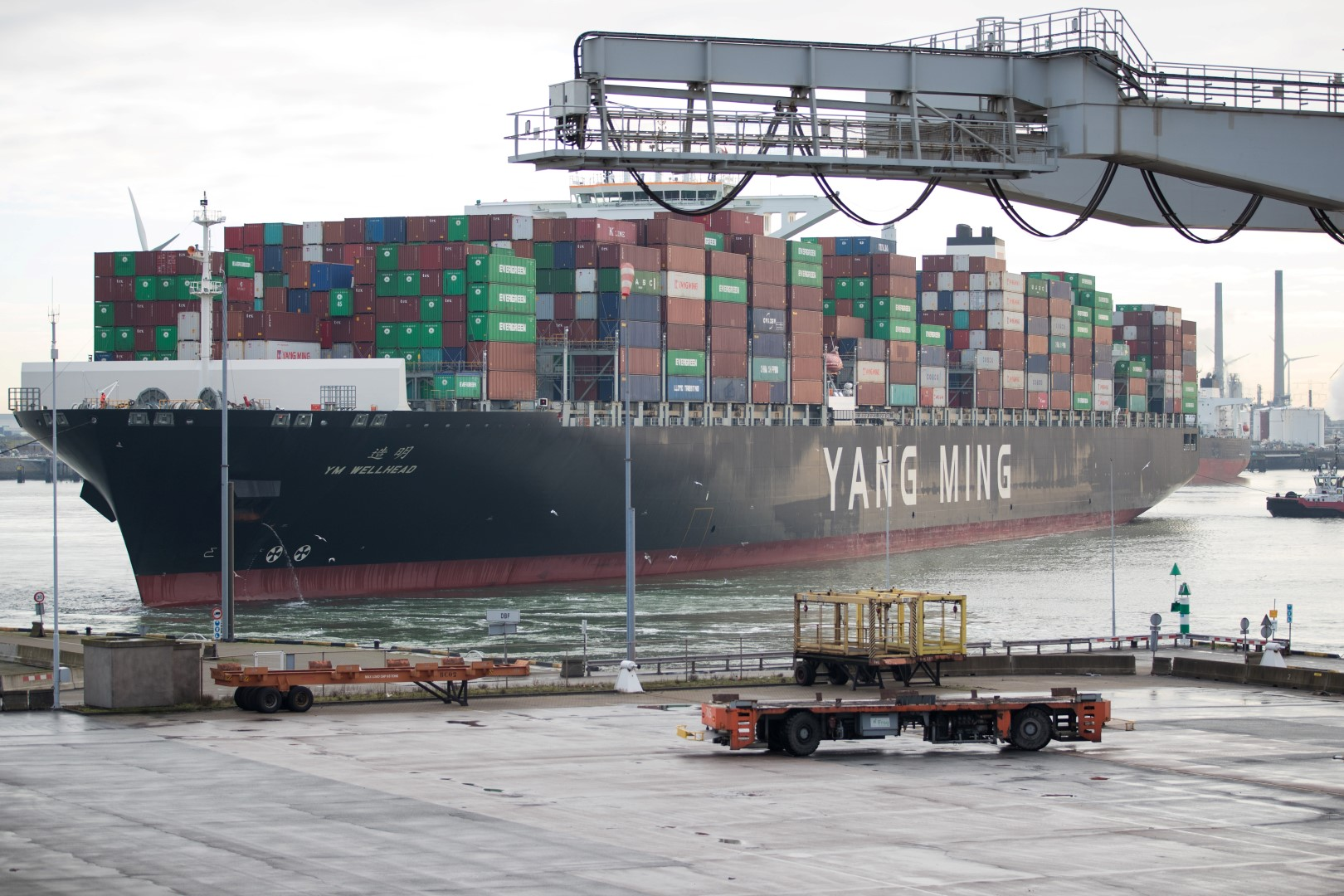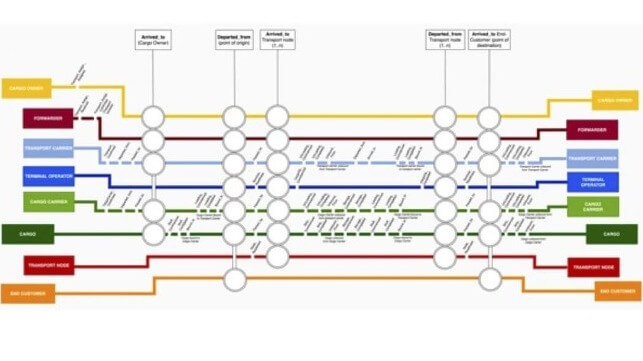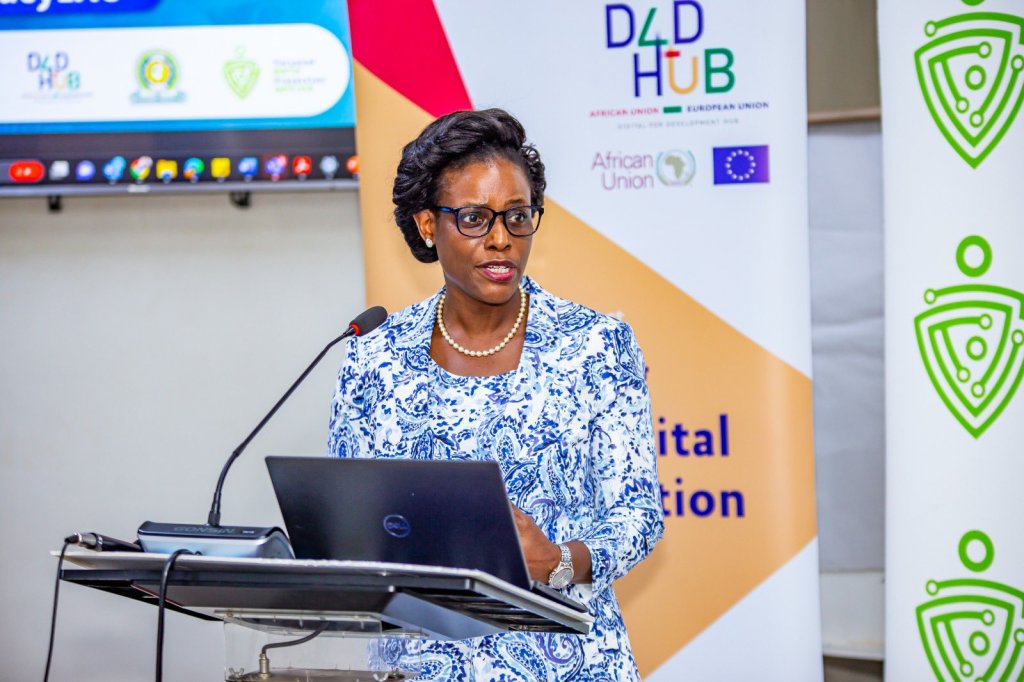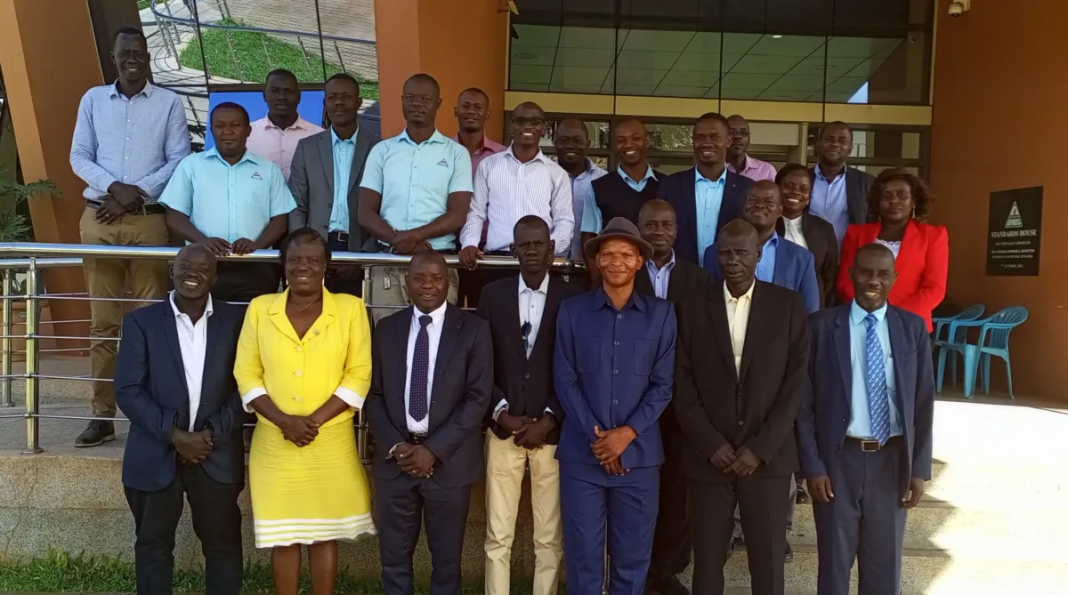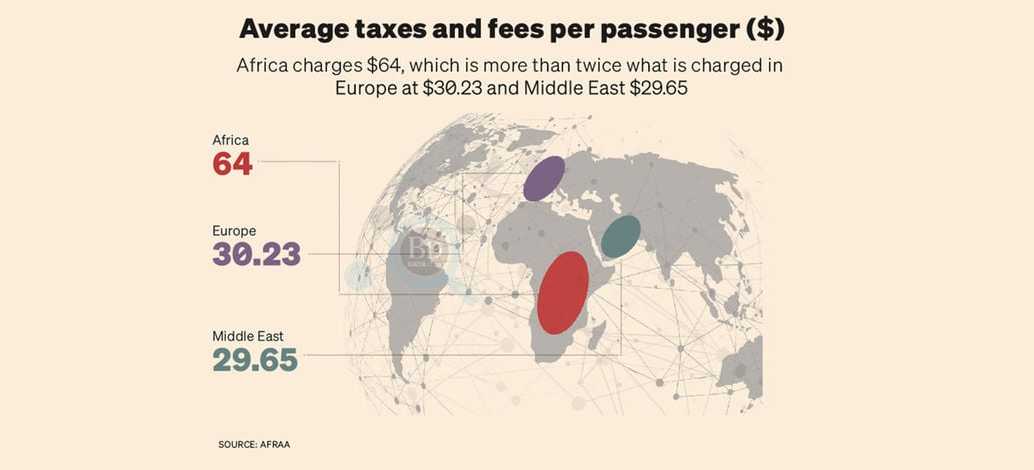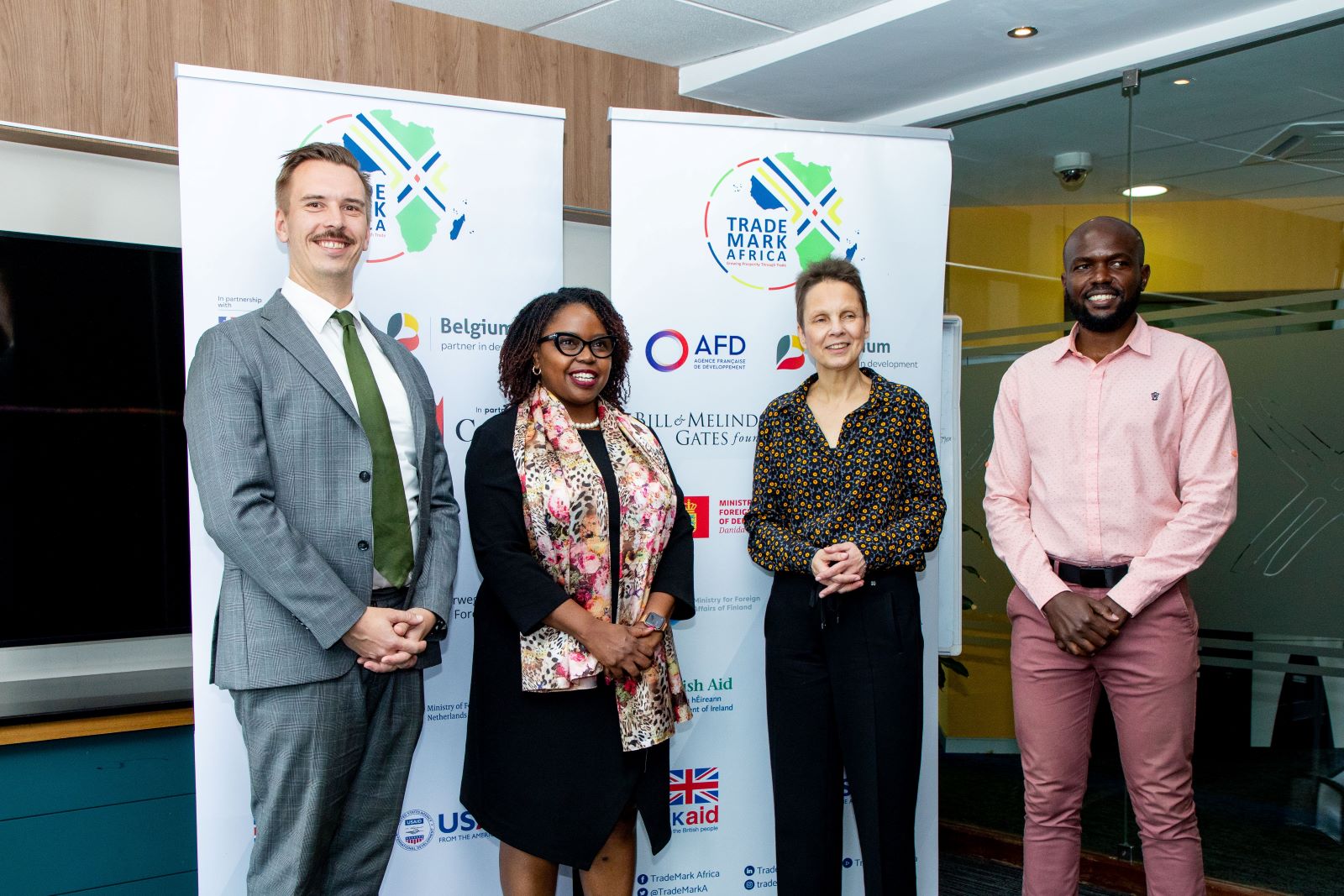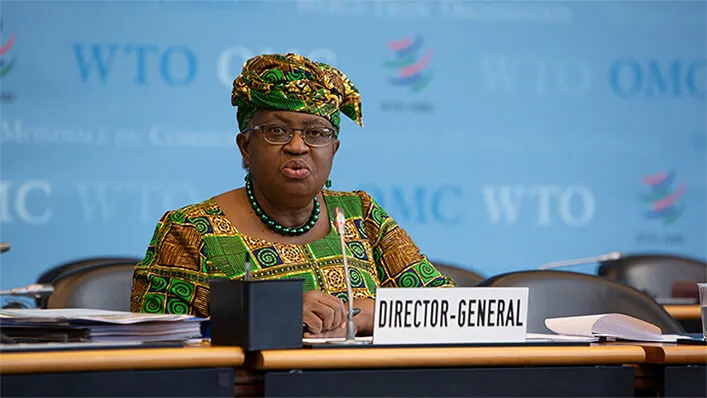Des sénateurs américains ont présenté un projet de loi visant à prolonger jusqu'en 2041 le programme commercial du pays avec une quarantaine de pays d'Afrique subsaharienne, afin de les aider à conserver un accès en franchise de droits à la plus grande économie du monde. Jim Risch, républicain de l'Idaho, et Chris Coons, démocrate du Delaware, ont présenté jeudi un projet de loi visant à proroger l'African Growth and Opportunity Act (Agoa), qui a été adopté pour la première fois en 2000. L'actuelle version de l'Agoa doit expirer en 2025. Cette prorogation "offrirait aux entreprises la certitude dont elles ont besoin pour accroître leurs investissements en Afrique subsaharienne à un moment où de nombreuses sociétés cherchent à diversifier leurs chaînes d'approvisionnement en s'éloignant de la Chine", a déclaré la commission sénatoriale des affaires étrangères dans un communiqué. "L'Afrique subsaharienne abrite la population la plus jeune du monde et de nombreuses économies à croissance rapide, et l'AGOA a joué un rôle essentiel dans la promotion du développement économique et le renforcement de l'engagement économique des États-Unis dans la région. Le projet de loi actualiserait la manière dont les États-Unis évaluent et font respecter l'éligibilité des pays à l'Agoa. Dans sa forme actuelle, la loi exige des examens annuels de l'éligibilité de tous les pays d'Afrique subsaharienne ; la nouvelle législation réduirait la fréquence à tous les deux ans, libérant ainsi des ressources pour se concentrer sur la mise en œuvre de la loi et l'application de ses règles, a déclaré la...
Les législateurs américains envisagent de prolonger l’Agoa jusqu’en 2041
Posted on: April 19, 2024
Posted on: April 19, 2024

